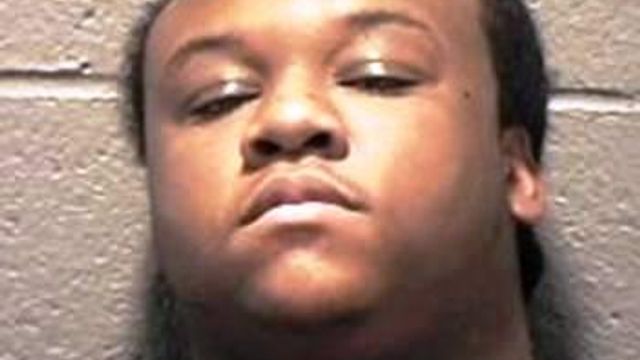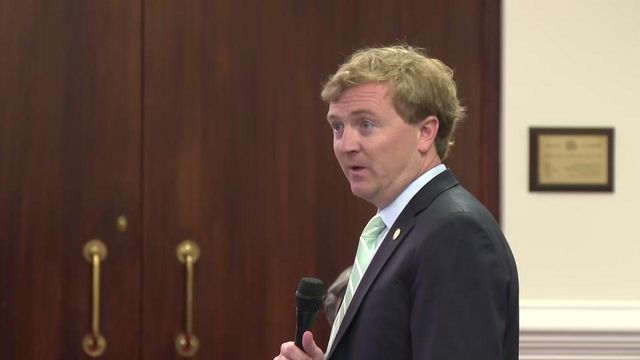Durham Man Charged in Numerous Crimes During His Probation
A man put on probation in 2005 has been arrested nine times since and is now wanted in a November shooting.
Michael Anthony Hudson Jr., 21, has been charged with 28 crimes, including drug trafficking, resisting an officer and being an accessory to murder. Nine of his arrests have occurred since he was put on probation for a drug conviction three years ago. Each time, he was allowed out on bond while awaiting trial.
Hudson was taken to court for failing to report to his probation officer, and court files show his two-year probation was extended by six months. It ends in two weeks.
He was among three people charged with a Nov. 17 drive-by shooting outside a North Alston Avenue convenience store.
Hudson's attorney couldn't be reached for comment Monday.
"When you have this sort of revolving door within the judicial system, no one is served," Durham City Councilman Eugene Brown said. "The status quo isn't working. Dramatic change is needed."
The state Division of Community Corrections began investigating the probation offices in Wake and Durham counties following the slayings of Eve Carson, the student body president at the University of North Carolina at Chapel Hill, and Abhijit Mahato, a Duke University graduate student. A 17-year-old charged in both deaths and a 21-year-old charged in Carson's death were on probation at the time.
Brown said the cases show the system is broken.
"We have a system here called probation, (but) it's really release," he said.
Durham city and county officials have called a special meeting Friday to discuss the probation problems, and many have indicated they plan to push state lawmakers to study and act on court system failures.
Durham County District Attorney David Saacks has requested that judges increase the bonds set for certain crimes to keep more violent criminals in jail while awaiting trial.











